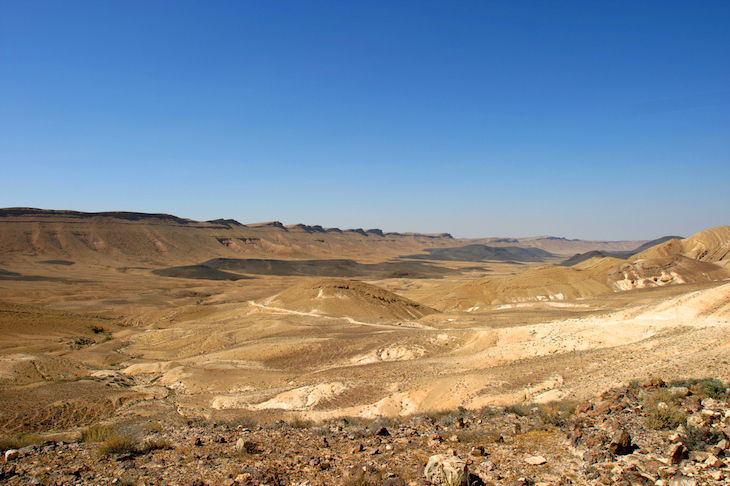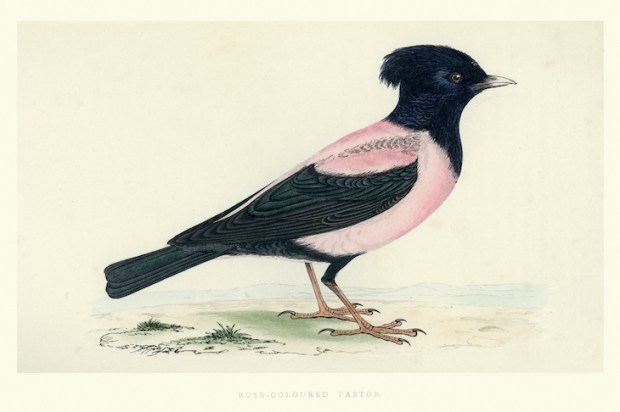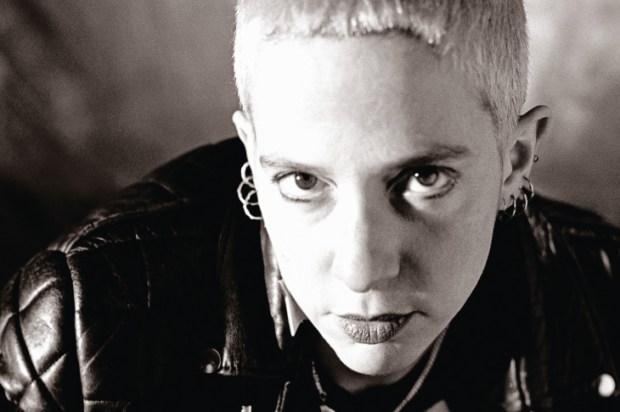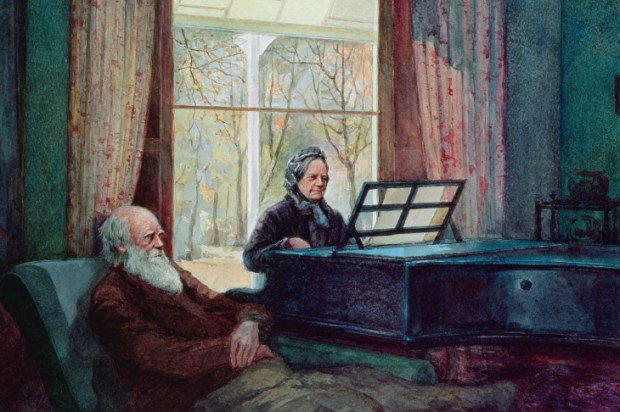‘I frankly hate Descartes,’ states a character in Nicole Krauss’s new novel, Forest Dark: ‘The more he talks about following a straight line out of the forest, the more appealing it sounds to me to get lost in that forest …’ Like the author, this character is called Nicole, lives in Brooklyn, and is a writer and mother. Struggling with her work and her marriage, life is indeed a ‘forest dark’, and we follow her through the tangle of it. Interleaved with Nicole’s half of the novel, is Jules Epstein’s — a bombastic, wealthy, older New York Jew, who we meet when the ‘strong weather of being Epstein no longer gusted outward’ but has turned inward as, Lear-like, he sheds himself of worldly possessions in an effort to gain spiritual understanding.
The novel’s two strands don’t overlap, but they do have a great deal in common. Both Epstein and Nicole are New York Jews, who cut loose from family and go to Israel (where ‘jaws, postures, building, trees’ all share ‘the hard, determined form of that which lives and grows in opposition’). There, each one is guided through his/her personal ‘forest dark’ by a mysterious character — Rabbi and ex-Mossad agent, respectively — and end up in the desert in bizarre circumstances: Epstein enacting the dying Biblical King David in a film, and Nicole feverish in a bed that was possibly Kafka’s.
So the novel is filled with doubleness, and gestures towards different paths, alternative truths; it celebrates getting lost in Descartes’s forest rather than traipsing through it, blinkered, along a single straight line. Krauss wanders from the depths of her characters’ neuroses to intricacies of Jewish theology in a text that is heavy with mysticism, philosophy and psychoanalytical theory. At times, one resents being force-fed digests of complex concepts like Freud’s unheimlich, multiverses, or chronos versus kairos, especially as the essayistic insertions jostle with some beautifully nuanced observations.
The glimpses of Nicole’s failing marriage, for instance, are painfully acute:
The helpfulness of our shared love for the children had reached a kind of apex, and then began to decline until it was no longer helpful to our relationship at all, because it only shone a light on how alone each of us was, and, compared to our children, how unloved.
For all the ambitious scope of spiritual adventure and intellectual rumination, Forest Dark is most affecting in its quiet moments of domestic reflection.
Got something to add? Join the discussion and comment below.
Get 10 issues for just $10
Subscribe to The Spectator Australia today for the next 10 magazine issues, plus full online access, for just $10.
You might disagree with half of it, but you’ll enjoy reading all of it. Try your first month for free, then just $2 a week for the remainder of your first year.















Comments
Don't miss out
Join the conversation with other Spectator Australia readers. Subscribe to leave a comment.
SUBSCRIBEAlready a subscriber? Log in